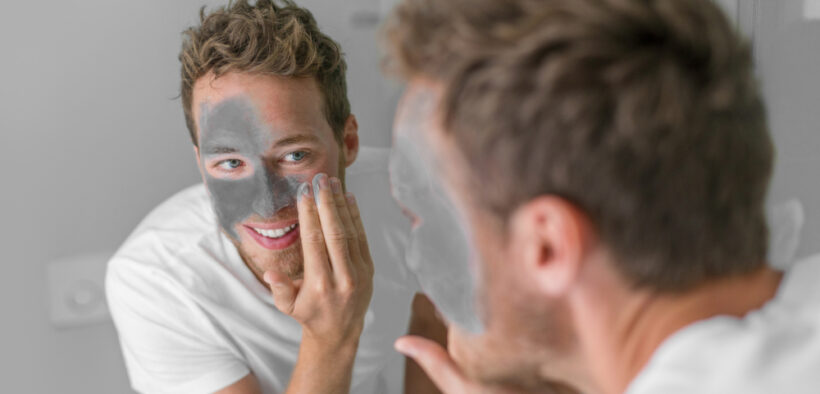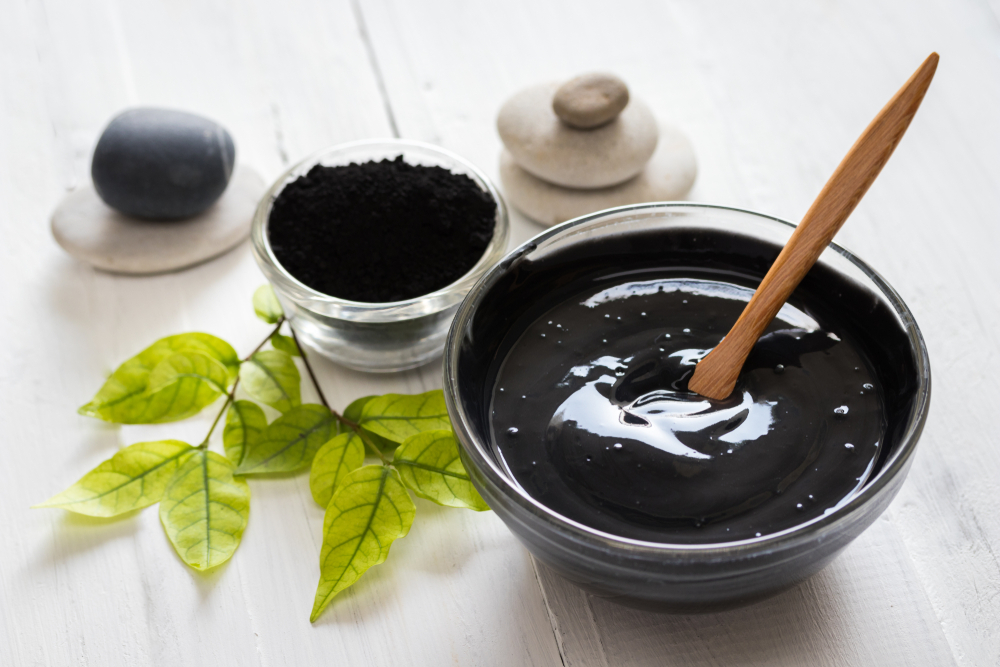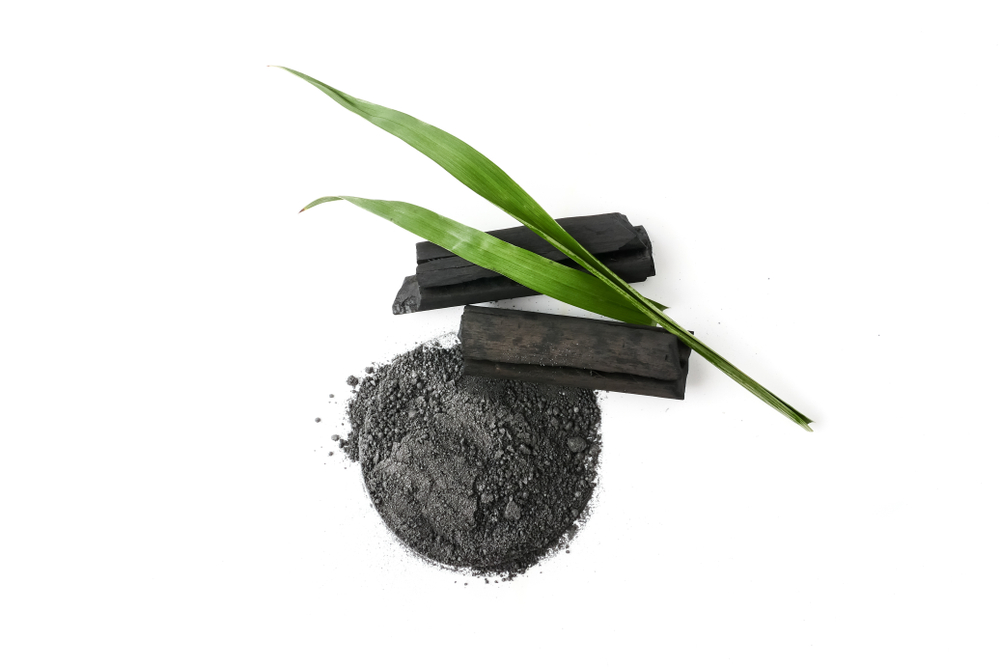Is Activated Charcoal Right for Your Skin Type?

By now, you’ve probably noticed the hype about activated charcoal. This fine, black powder is added to skincare products to help deeply purge the pores without damaging your skin. But like any hot new buzz ingredient, we find ourselves asking: Is the hype actually warranted or is it totally overblown? The truth is that this is one ingredient that can definitely enhance your skin, especially if you suffer from chronic acne, breakouts and excessive oil, but it’s not right for everyone. Read this guide to see if an activated charcoal mask or face wash is safe for your skin type.

How Activated Charcoal Works
Knowing how activated charcoal works is an important first step to integrating it into your skincare routine. At its core, this stuff works by binding to impurities to give pores a deeper clean. Here are the basics to get you started.
Activated charcoal is a fine, black powder derived from processing natural products, such as wood and coconut shells, at very high temperatures. This process leaves behind a charcoal powder with a highly porous surface area, which has the ability to adhere to blemish-causing toxins, dirt and chemicals in your skin so they can be thoroughly washed away. Not only does it help purge the pores for clearer skin, activated charcoal can even be used to help treat poison patients because it binds to toxins and prevents the body from absorbing them into the bloodstream.
If Your Skin Is Oily…
- You can use activated charcoal.
If you’ve got oily skin and want to try a charcoal skincare product, you may pass go and collect $200. In fact, using an activated charcoal face wash or mask can actually be extra beneficial for those with greasy skin because the high porosity of the charcoal can help absorb oils and restore moisture balance. If your skin tends to be oily, we recommend using an activated charcoal product with salicylic acid, as this gold standard ingredient teams up really well with charcoal to help regulate sebum production and clear excess oil from the pores.
Note: Even though it sounds counterintuitive, you should still use a hydrating facial cream after cleansing even if you have oily skin. That’s because the oil produced by your skin is different from the kind introduced via skincare products, and the moisture in your face cream can actually send a message to the skin to slow down oil production, which can result in less greasiness.
If Your Skin Is Dry…
- You may be able use activated charcoal with caution.
As we covered above, this ingredient does a great job at helping the skin chill out on the oil production. This is good for those of us with excessive oil but not so great for those of us with dry skin. We would recommend steering clear of activated charcoal or any other drying ingredients if you suffer from severely dry skin. However, those with moderately dry skin can still reap the benefits of activated charcoal. Just make sure to follow up with a high-quality moisturizer every time you use it.
 If Your Skin Is Sensitive…
If Your Skin Is Sensitive…
- You can use activated charcoal with caution.
It’s the same deal here! For many people with sensitive skin, any product that causes a drying effect may not be the best choice. But skin sensitivities manifest themselves in many ways, and activated charcoal certainly isn’t the most irritating ingredient out there. In fact, many people with skin sensitivities tolerate it just fine. With that being said, if you’ve got sensitive skin, your best bet is to do a patch test before trying out any new products to ensure that your skin doesn’t have a negative reaction.
If Your Skin Is Combination…
- You can use activated charcoal.
Combination skin is defined as skin that’s dry in some areas, oily in some areas and normal in some areas. Many people with combo skin find that their biggest problem areas tend to be on the face, so if you want to banish acne on the body using this powerful blemish-fighter, an activated charcoal body wash may be a great solution while you use something more hydrating on the face. If you’ve got non-severe dry patches on the face, you can still use an activated charcoal face wash, but make sure you always finish off your skincare routine with a layer of facial moisturizer to counteract any subtle drying effect.
If Your Skin Is ‘Normal’…
- You can use activated charcoal.
Many of us are only “normal” in one aspect of our life, and that’s with regard to our skin. Who wants to be normal anyway? If you live the normcore life with regard to your skincare routine, that means your skin is generally neither too dry nor too oily and typically doesn’t get cranky when it’s exposed to something new. That means you’re a good candidate for trying out activated charcoal products, so we say go for it!
Proceed with Caution and Always Patch Test
As with any new introduction to your skincare routine, you want to take it slow when trying out activated charcoal products. It’s always a good idea to test out products before using them with a patch test. This is a simple way to ensure that any certain ingredient doesn’t send your skin into a tailspin. To patch test, put a dab of any given product somewhere inconspicuous where you won’t mess with it, such as the crook of your elbow, and monitor it for reactions for several hours.





